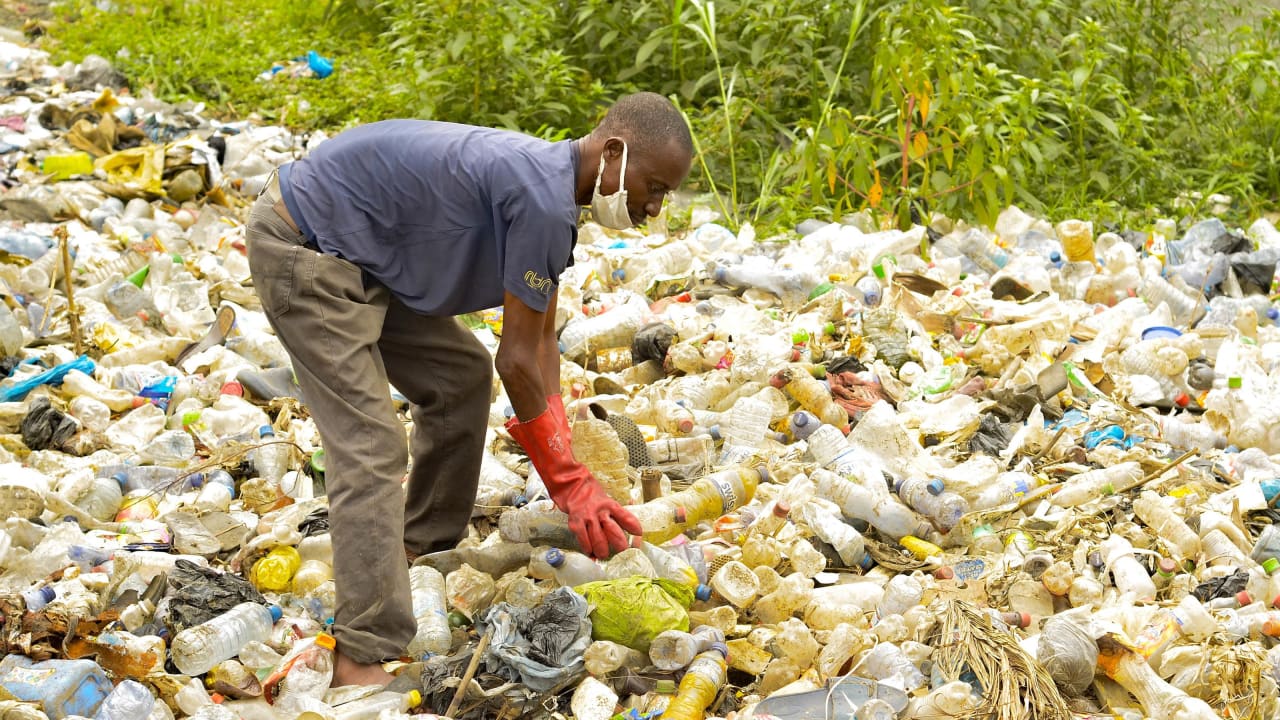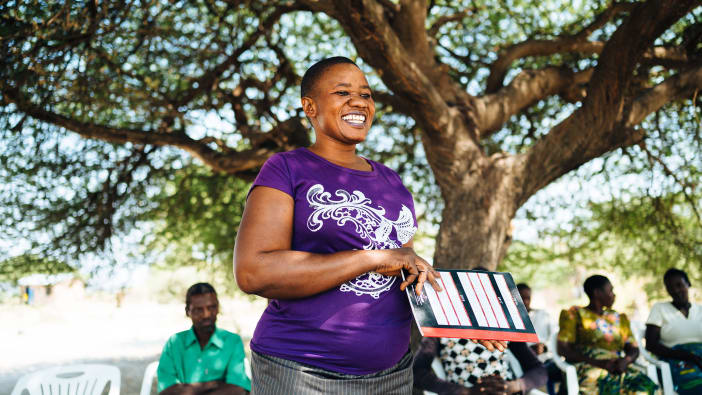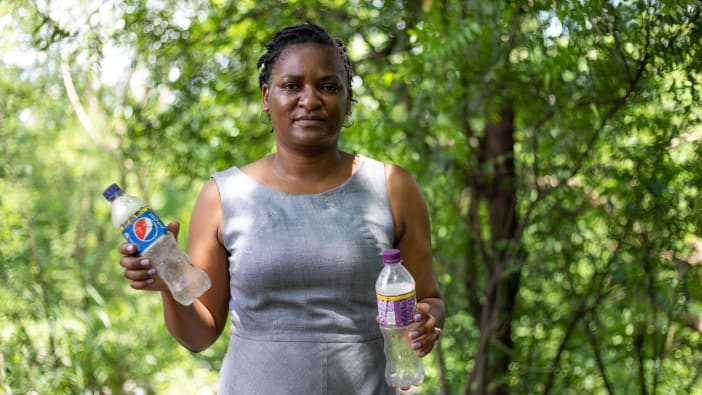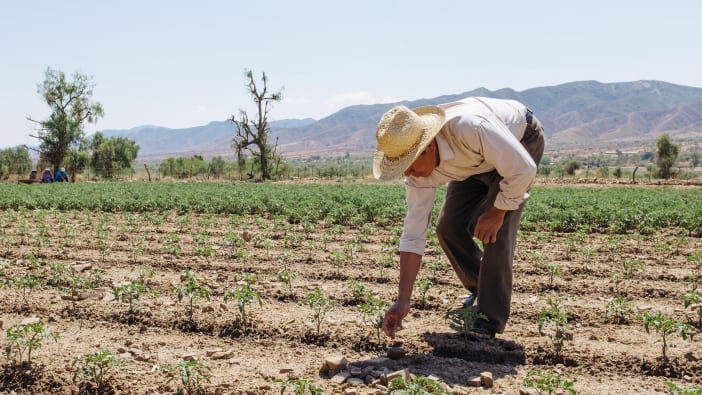In March 2022, the United Nations Environment Assembly voted to start negotiations on an ‘international legally binding instrument’ to end plastic pollution.
A global plastics treaty provides an excellent opportunity to lessen the impact of plastic pollution on people living in poverty, by reducing the use of plastics and seizing the opportunity to create improved livelihoods from a circular economy in plastics.
This briefing paper is for policy makers, negotiators and NGOs involved in UN treaty negotiations and aims to:
- explain the links between plastics and poverty
- highlight the impacts of plastic pollution on health, environments and livelihoods in low- and middle-income countries
- outline the role of the informal waste sector
- explore what a ‘just transition’ and a safe, inclusive circular economy would mean for the informal waste sector and communities in low- and middle-income countries who depend on plastic
The resource sets out how a global plastics treaty could address these issues. It presents decision-makers with six key areas to consider and four initial demands to inform discussions at the first negotiating committee in November 2022 and beyond.
Tearfund will be present throughout the negotiation process. These demands will form the basis of Tearfund’s advocacy with and on behalf of those whose lives are being most impacted by plastic pollution.









